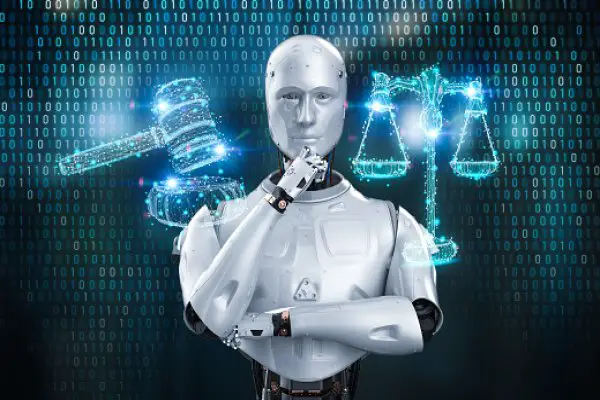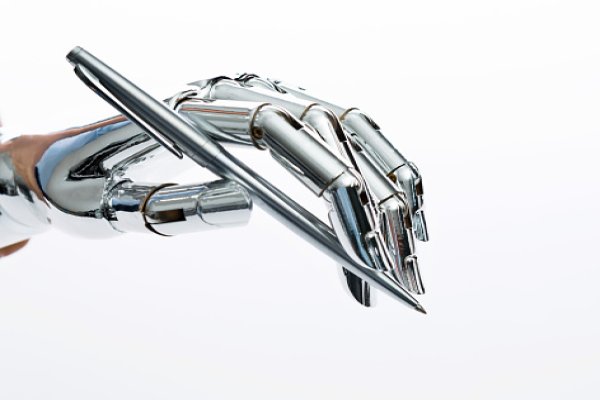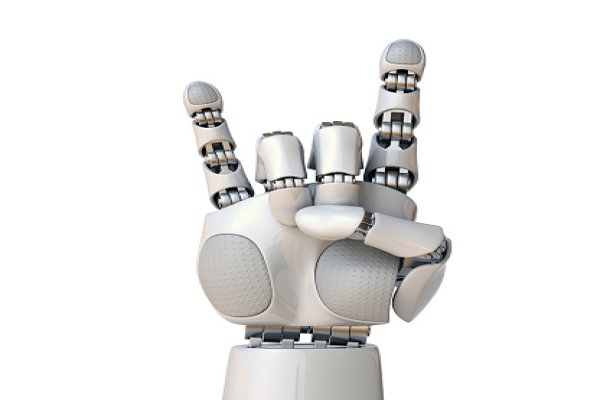In recent years, the advancement of artificial intelligence and robotics technology has created a lot of buzz in the job market. Many fear robots and AI will replace human workers, leading to unemployment. While it’s true that some jobs will be automated in the future, there are still certain tasks that AI is yet to master.
In this blog post, we’ll explore four jobs safe from the robotic takeover (for now!) and why AI has yet to outcompete human workers in these areas. Whether you’re an employee, entrepreneur, or job seeker, this article is a must-read to gain insight into the future of work and what it holds for us.
In recent months, the conversation concerning artificial intelligence and particularly artificially-generated content such as those made by Lensa’s images inspired by pre-existing photos and ChatGPT’s texts has become increasingly intense.
ChatGPT from OpenAI is a free service that has been educated to communicate with people and reply to questions, recognize incorrect statements, challenge false assumptions, and refuse unsuitable requests.
Alternatively, the Lensa AI program from Prisma Labs utilizes artificial intelligence to create pictures based on selfies into surreal paintings, varying from mesmerizing to downright strange.
Secure And Reliable Research Services For Your Needs
Research has revealed that ChatGPT robots are adept at quickly sifting through large amounts of published content and extracting the key information when posed with straightforward, uncomplicated queries. This can be a great time-saver.
AI’s output is generated from the massive amount of content available on the web, yet it isn’t sufficiently verified or attributed to a reliable source.
The algorithm cannot differentiate between a scholarly paper that has been thoroughly researched and an article written by a media outlet with dubious editorial guidelines.
To reach conclusions, this approach takes the claims of conspiracy theorists and charlatans seriously and credible scientific research.
It isn’t easy to ascertain if the AI’s responses are accurate. Is it possible to trust them? Can the data sources be revealed so that users can evaluate the correctness of the results?
A person with comprehensive research and analytical capabilities, reliable judgment, and a thorough understanding of the media terrain must offer reliable data.
It will take longer for a human than an AI to analyze and go through sources to find the answer; however, speed is not the only factor when reliability and trustworthiness are paramount.
Appropriate Content
Distinguishing between sources and providing citations in research is only one element of the issue. OpenAI has implemented certain protective measures within its technology to ensure ChatGPT would reject any offensive or unacceptable requests, yet like all AI models; it may adopt the prejudices of those who program it.
Several journalists have pointed out this has created sexist, racist, and inappropriate content. When utilizing AI for copyrighting, whether for promotional materials, blog entries, or website material, it is crucial to guarantee that the text created by AI fits in style with the corporate or individual brand.
At this point, AI cannot accurately interpret the cultural environment. Therefore, utilizing AI to aid copyrighting still requires a human touch to evaluate if it is culturally appropriate and has the desired tone to prevent unfortunate mistakes.
Enjoy High-Quality Entertainment with Our Professional Services
Making something appropriate is one thing, but what makes great content? If we’re talking about humorous material like comedy sketches and memes, timing, nuance, and inventiveness are the essential elements.
The best comedians and creators on meme platforms like Yepp stand out because they have a lived experience, real or imagined, that resonates with an understanding of their audience. This connection allows them to tell authentic stories comedically, leading to people laughing genuinely.
AI-generated humor does not rely on chance circumstances or “on the spot” remarks but is based on structure, logic, and patterns. AI cannot accurately interpret any real or virtual environment’s atmosphere.
Robots can imitate existing jokes but cannot develop unique and innovative material to create an emotional connection with people and make them laugh heartily.
We are living in a time of remarkable technological change. In the past, jobs have always been replaced by machines. But now, new technologies can replace both manual and cognitive labor.
So far, there are two jobs that artificial intelligence cannot outcompete: creative jobs and jobs that require human interaction. However, this could change as AI technology gets more sophisticated. For now, we can rest assured knowing that there are still some things humans can do better than robots!
Source: entrepreneur



